Blog
Student experiences: “Learning about Gamification in Adult Education”
11.08.22 | By DNS student






In 2002, the Woodrow Wilson International Centre for Scholars, based in Washington D.C. established the Serious Games Initiative to explore the application of game principles to public policy issues. From that initiative, gamification in education emerged and gradually evolved into a field of study. The term gamification was coined in 2003 by Nick Pelling.
Today, many game researchers including Katie Salen, founder of the Quest to Learn public school, Jane McGonigal, Director of Game Research and Development at the Institute for the Future, and Joey J. Lee, Director of the Games Research Lab at Teachers College, Columbia University, have extended serious advancements in the application of gamification (or “gameful thinking”) to educational contexts.
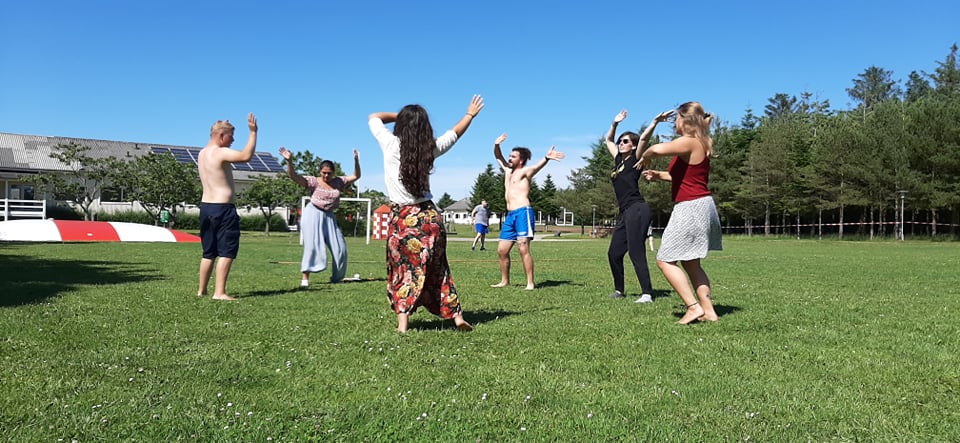
These are among the issues that the gamification of learning tries to address. Take for instance, the way teachings are organised in kindergarten and in high school, a clear example: You may find that toddlers seem to be playing all the time whereas teenagers and young adults spend their time only sitting and listening to lectures.
It appears that the more a child ages, fewer opportunities are available to learn through play.
Two notable consequences may surface: First, fewer adults think they can learn through play, some might even think that doing so is immature. Second, the relationship with learning new things as an adult can be negatively perceived, like when saying that learning is something hard, time-consuming, useless, or boring. These negative emotions can ingrain self-limiting thoughts and make adults prone to give up if results are not immediately tangible. This can be perceived as a side effect found described in Knowles’s work. The seven principles of andragogy, (1980) educator Malcolm Knowles introduced this concept which includes self-direction, transformation, experience, mentorship, mental orientation, motivation, and readiness to learn, along with detailed characteristics defining adult learning.
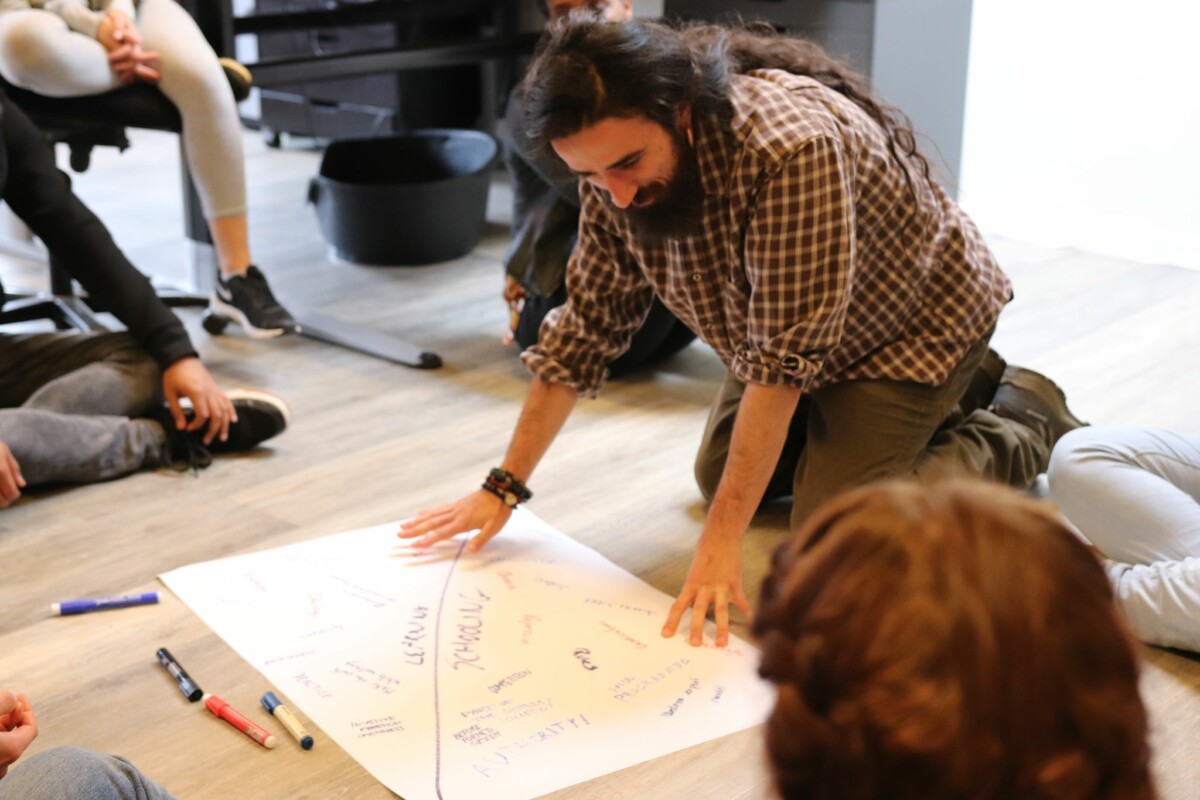
What is the value of gamification in the long term?
In a changing world, learning new skills and knowledge is more important than ever, especially because adults nowadays are likely to change jobs several times throughout their lives. Adults who don’t have a positive relationship with learning are less likely to be employable.
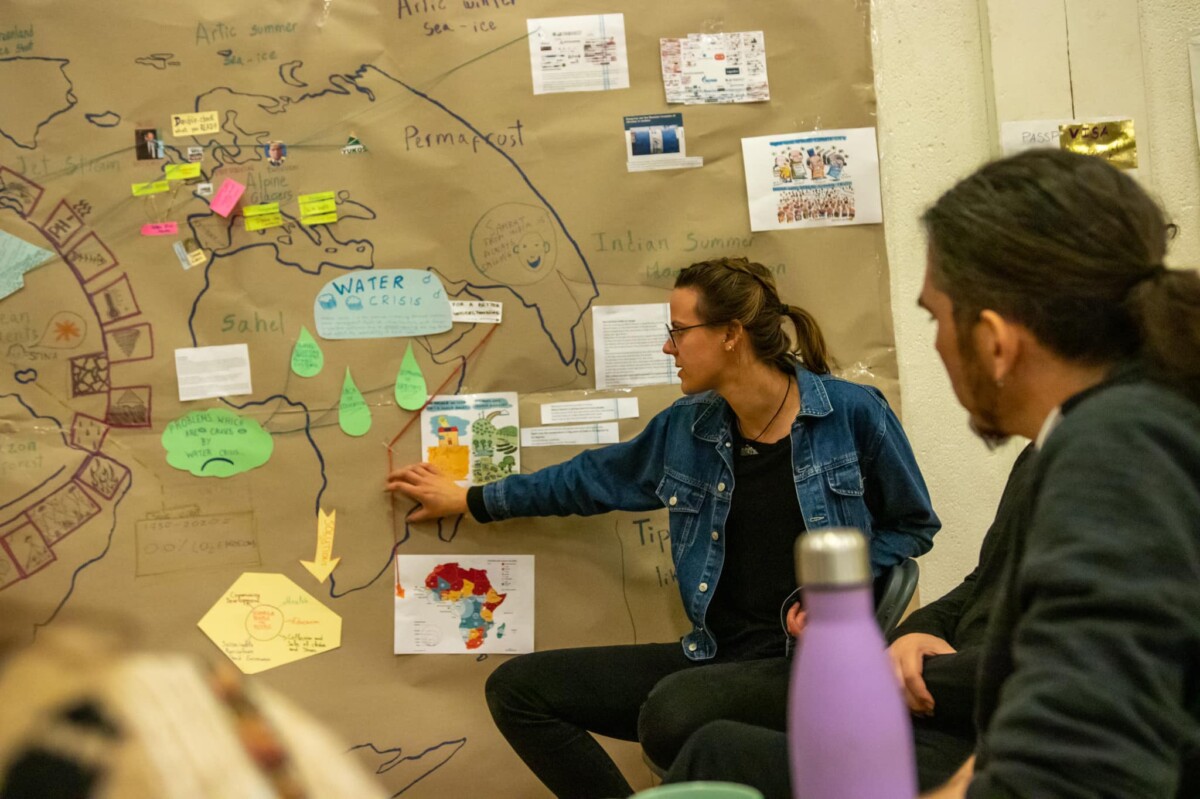
Why is it so popular?
It draws from Self-Determination Theory, Flow Theory, Efficacy Theory, Game Theory, Game Design Theory, Instructional Design Theory, and the Universal Design for Learning. This makes it a very current discipline, even if gamification elements were already used without a formal theoretical underpinning long before it was discussed in the arena of professional academia.
Gamification integrates game elements like point systems, leader boards, badges, or other elements related to games into “conventional” learning activities in order to increase engagement and decrease demotivation.
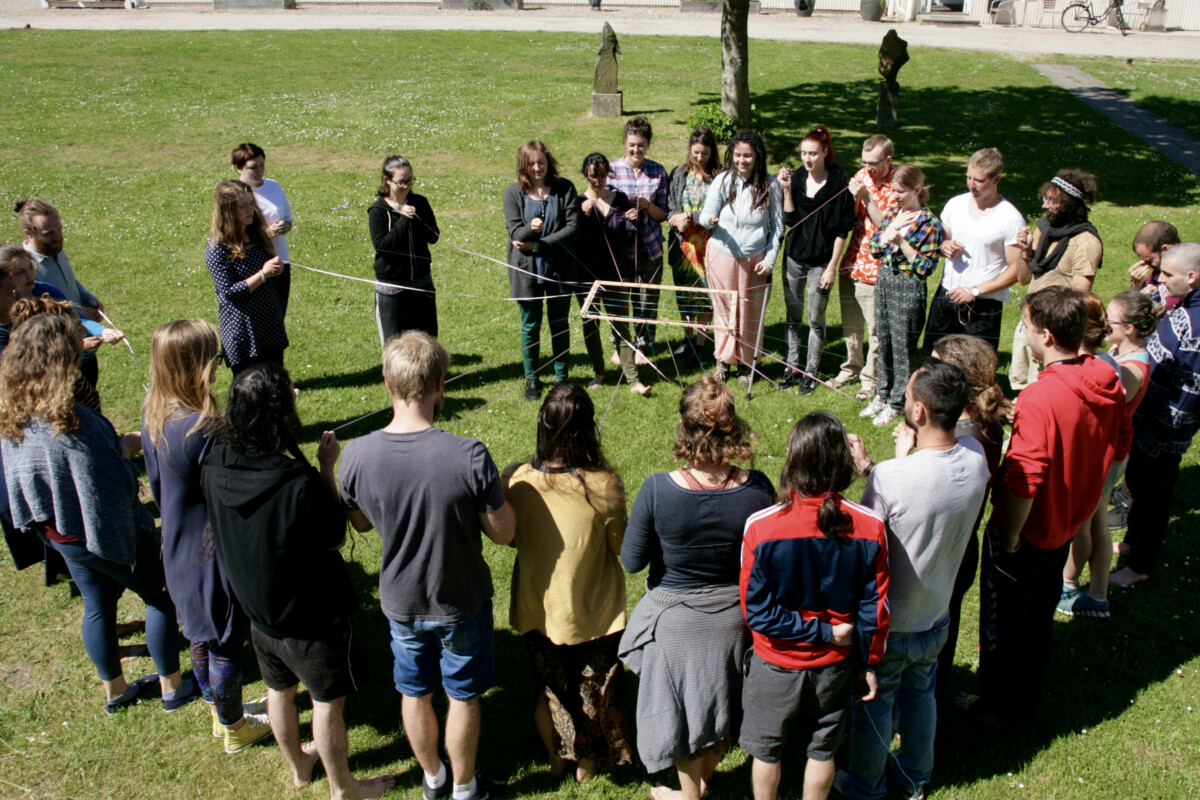
Game Elements
There are many alternative beneficial outcomes that result from gamefied teaching. Gamification in learning involves incorporating game elements to motivate learners. Some of these elements include the following: Narrative, Immediate feedback, Fun, “Scaffolded learning” with challenges that increase Mastery (for example, in the form of leveling up), Progress indicators (for example, through points/badges/leaderboards, also called PBLs), and Social connection. Reward systems like receiving positive feedback and incentives strengthen aspects such as confidence, self-trust, motivation, it boosts confidence, and also shows people you value them. It helps people understand and develop their skills. And all this has a positive impact on the individual, teams, and over-all organisational performances.

Flexible goals.
Students are presented with several possibilities to earn points, and instructors can structure a course so that students can, either accumulate points however the student prefers, or they complete a certain number of tasks to reach a desired total amount of points.
Student choice.
Choice is crucial to the success of a points-based system. For example, students might be able to earn points by focussing on reflection activities, by opting to complete a number of tests, or engage in their own tasks. Students ask their own questions and assess their own learning. They participate in inspiring, creating, and designing the process of knowledge.
Badges
These are a digital way to acknowledge student work. For example, students might receive a badge if they achieve certain levels of success on assignments, or if they do additional work, such as submitting a draft or sharing notes with another student.

Discussion boards.
Students may be incentivized to discuss readings before or immediately after class by making them optional but allotting (XP) extra points for each post or reply to another post. Points earned could go towards additional help on an assignment.
Quizzes.
Rather than presenting a set of unrelated questions, a narrative or quest can be created that draws learners in and helps them see the consequence of their responses.
Game-enhanced learning environments.
These environments employ commercially available games that are designed with entertainment in mind. Learners play these games (for fun) and must then be provided or find means by which to discuss gameplay experiences with like-minded individuals. As an instructor, this role can be to provide examples of games that are related to the discipline intended to teach while providing a space for the learners to reflect on the concepts taught and their gameplay.
Massively Multiplayer Online Role-playing Games.
Some examples are World of Warcraft or Second Life are great for immersing language learners into another language, or games like SimCity can help understand economic principles.
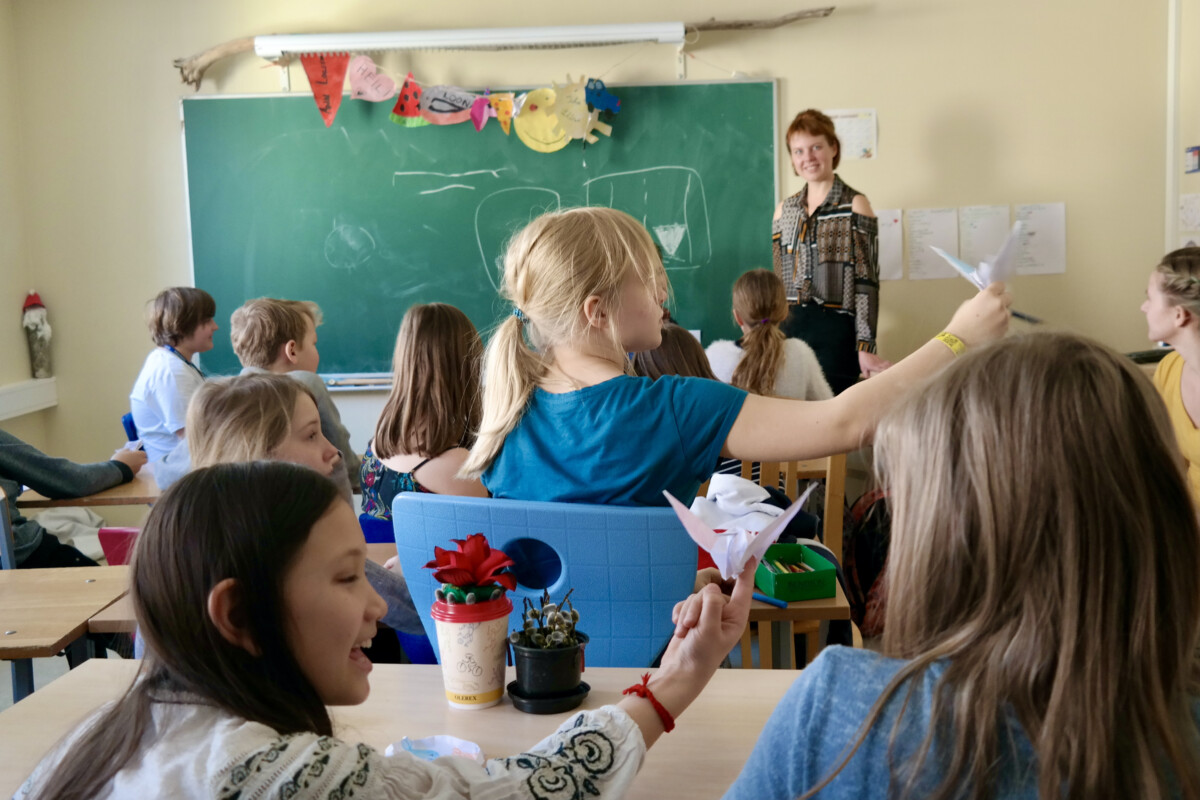
Conclusive Thoughts
Incorporating games, gamification, or game-based learning into your teaching doesn’t require a monumental shift in your teaching. Many activities or active learning strategies that you already use likely contain some of the game elements listed above and, with some modifications, can be adapted into even more effective learning tools. At the same time, gamification and game-based learning should not be implemented in a cavalier manner but it should thoughtfully be integrated into standard education.
With technological advancements like digitalization, automation, and artificial intelligence happening faster, and faster this sort of innovation is currently impinging onto continuously changing educational environments. With this constant change surrounding us, the requirements in the job market of knowledge and skills are also constantly evolving.
At a time where education is one of our most valuable means, educators need to engage students in these sorts of learning processes. Gamification provides the right tactics to make learning and performance much more fun and engaging, therefore, ultimately, making learning more efficient and effective.
Alternative education
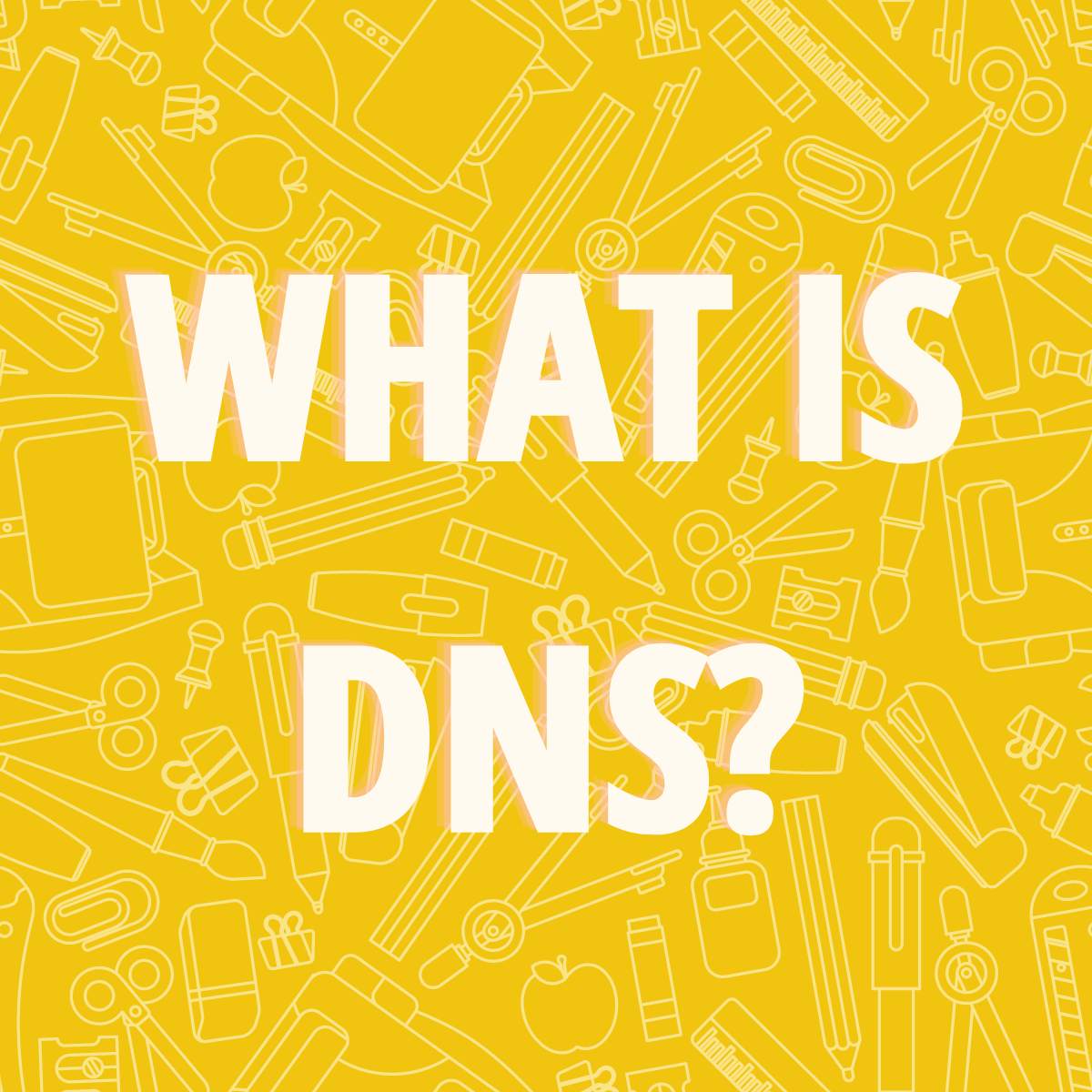
What is DNS?
Based in Denmark, our 4-year Bachelor Programme aims to enable its students to become global citizens and proficient educators.
Since DNS was established in 1972, over 1.000 graduates have played an important role in bringing equitable quality education to children and youth, as well as in all sorts of other projects and development programmes worldwide.


Student experiences: “A reflection on my Teaching Practice”
Our student Nina shares some reflections on her teaching practice experience, including her considerations on the concept of the “Common Third”.
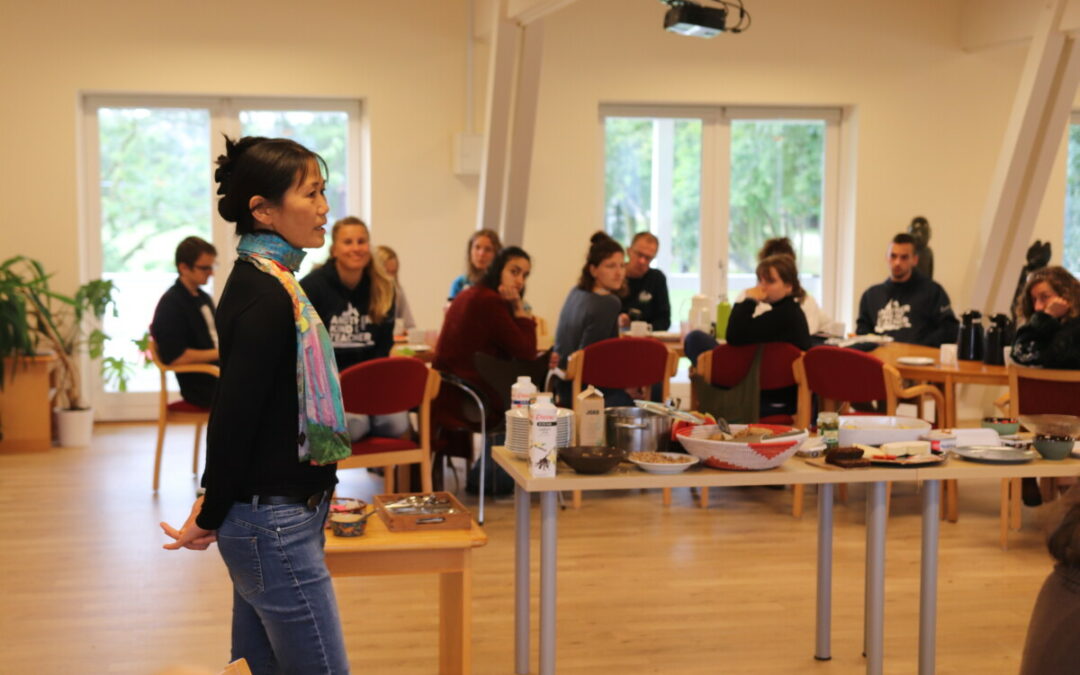
Building Community and Consensus: The Pedagogical Power of Common Meetings in Education
It is through weekly common meetings that we run and govern our school. Here’s why they are so important to our lifestyle and pedagogy here at DNS Tvind!
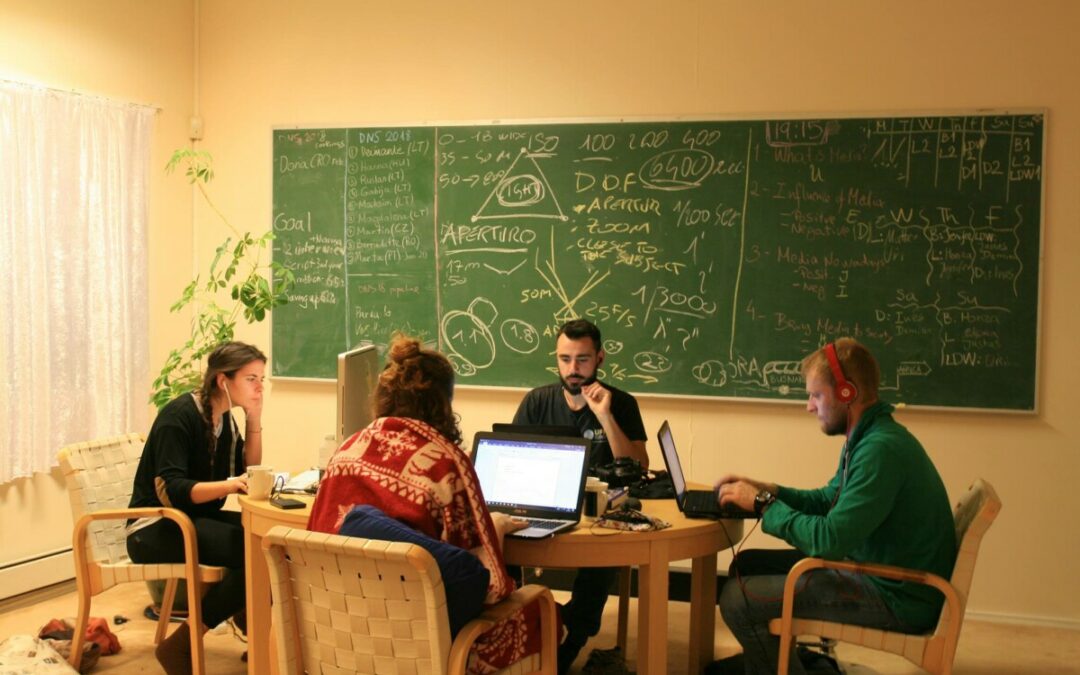
Transforming Education with these 5 unconventional Teaching Methods
These are five unconventional teaching methods – or learning, if you prefer – drawn from the experience of our Bachelor Programme in Alternative Education. We hope they’ll inspire you to approach learning for what it is – an engaging and fulfilling activity, at its core.


Let’s start a discussion!
Did you like this article? Let us know what you think in a comment!
“In order for gamification in adult education to work, educators should resort to strategies such as promoting fun and engaging activities whilst creating a safe and supportive learning environment.”
Here is what others think:


Transforming Education with these 5 unconventional Teaching Methods
These are five unconventional teaching methods – or learning, if you prefer – drawn from the experience of our Bachelor Programme in Alternative Education. We hope they’ll inspire you to approach learning for what it is – an engaging and fulfilling activity, at its core.

Student experiences: “We need intergenerational collaboration to face the Climate Crisis”
Intergenerational projects – like combining kindergarten and old age homes under the same roof – are showing us an enlightening new approach to planet protection.

10 surprising elements of community life
If you are curious about what it is like to live in a community, here are 10 elements of community life that you might find surprising – drawn from the collective experience of our 50-year-old Community in Denmark.

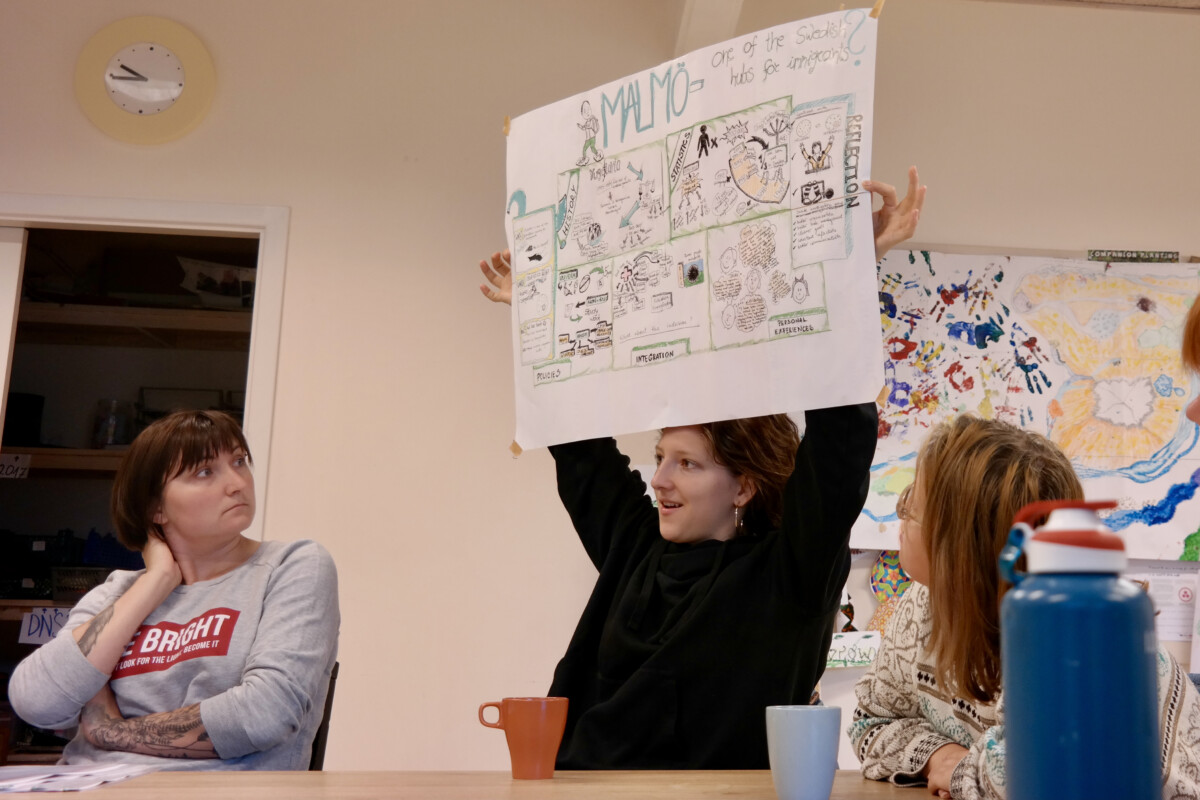


0 Comments